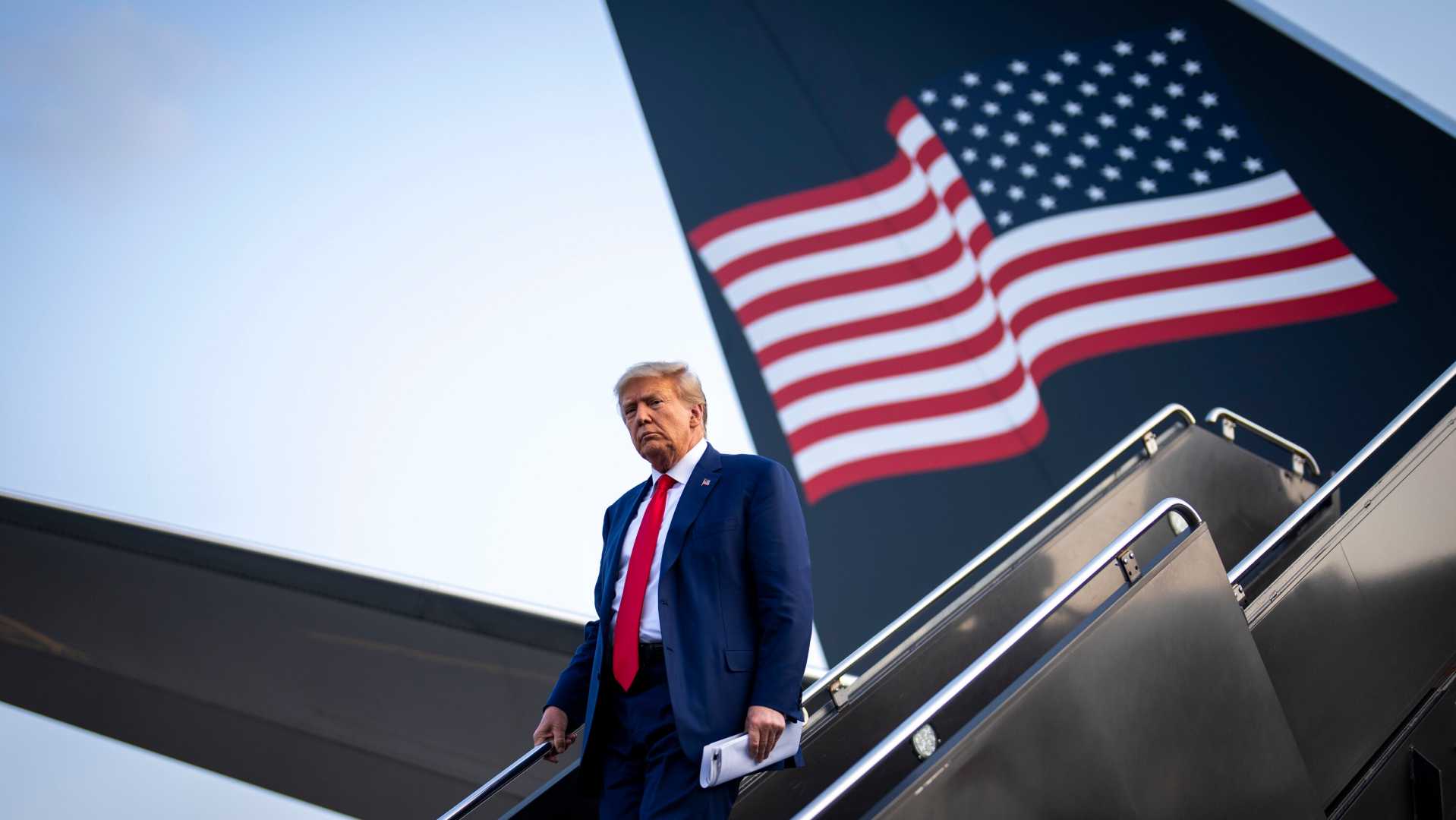Politics
Struggle Over Presidential Power: Trump’s One-Month Reign

WASHINGTON, D.C. — In the opening month of his presidency, Donald Trump has ignited intense debates over executive power, prompting discussions about his intentions and methods aimed at reshaping the role of the American president. With a series of unilateral decrees, Trump has drawn comparisons to autocratic leaders like Russia’s Vladimir Putin, raising questions about the implications for American democracy and governance.
Since taking office, Trump has taken steps that some analysts and opposition voices claim echo a desire for ‘king-like’ authority. He has issued numerous executive orders to possibly consolidate power within the executive branch, a move perceived by critics as an effort to bypass the legislative process. “Trump views presidential decrees as a means to assert his vast power and reclaim authority within the federal government,” remarked William Partlett, an Associate Professor of Public Law at the University of Melbourne.
In line with this, political experts note the extent to which Trump’s actions may undermine the checks and balances outfitted in the U.S. Constitution. During his presidency, Putin has operated under a model where policy-making is largely unilateral, employing executive orders to amass control. Partlett explains, “The Russian model allows for a crown-president to act without the constraints of an elected body, a trend that might be surfacing in the United States.”
As part of his executive strategy, Trump has appointed loyalists to key positions, including at the Department of Justice and the Federal Bureau of Investigation, signaling a desire to maintain substantial influence over law enforcement and policy-making. Critics worry that this restructuring could lead to a diminished separation of powers. “We are witnessing a potential reshaping of American governance toward a more centralized power structure,” said political analyst Jane Doe.
Legal scholars express concern that while courts may act to respond to abuses of power, immediate action is necessary from Congress to check the president’s authority. “Lawmakers hold essential powers to enforce constitutional checks and balances,” said Partlett. “Congress must proactively engage its oversight and budgeting powers to counterbalance Trump’s approach.”
In light of these developments, some congressional Republicans remain subdued, hesitant to confront Trump’s aggressive use of executive power. Meanwhile, Democrats eye midterm elections in 2026 as a potential opportunity to reclaim legislative authority and rein in presidential powers. “The political landscape is fluid, and shifts in Congress could pave the way for a resurgence in protecting democratic norms,” Partlett added.
Moreover, there is urgency in mobilizing states to resist perceived overreach, particularly as Trump’s executive actions continue to unfold. Local elected officials have the option to refuse compliance with federal directives they deem unconstitutional. “This could catalyze a grassroots movement advocating for constitutional adherence at all levels of government,” remarked civil rights advocate John Smith.
The historical precedent set by autocratic regimes illustrates the risks of an unchecked executive power. Russia’s long-standing embrace of a centralized leadership model served as a warning, and experts assert that increased executive power can spawn inefficiency and corruption. As Ezra Klein of The New York Times posits, “It’s the corruption, stupid.”
As debates surrounding Trump’s governance continue, experts agree that it is imperative to engage in both legal and political resistance. The coming months could prove critical for safeguarding the democratic foundations of the United States while navigating the evolving landscape of presidential authority.












